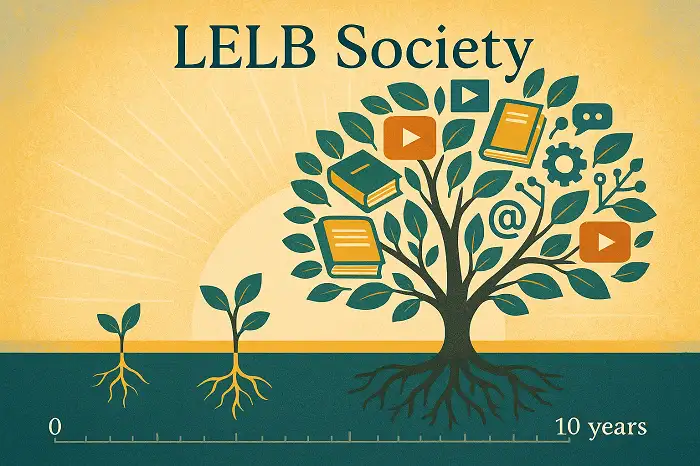Upbringing IELTS Listening Reading Practice Upbringing IELTS Listening Reading Practice Lecturer, author or publisher: The School of Life Upbringing IELTS Reading Practice https://www.youtube.com/watch?v=5DTIzzf6ncg Reading practice about upbringing They do their homework on time. Their writing is neat. They keep their bedroom tidy. They're often a little shy. They want to help their parents. They use their brakes when cycling down a hill. Because they don't pose many immediate problems, we tend to assume that all is well with good children. They are the target for particular concern that all goes to the kids who are graffitiing the underpass. People imagine that good children ...
Home » Listening Practice in English » Upbringing IELTS Listening Reading Practice

Upbringing IELTS Listening Reading Practice
Updated: by Dr. Mohammad Hossein Hariri Asl
Time to Read: 5 minutes | 318 Views | 4 Comments on Upbringing IELTS Listening Reading Practice
Share This Post
About the Author
Dr. Mohammad Hossein Hariri Asl is an English and Persian instructor, educator, researcher, inventor, published author, blogger, SEO expert, website developer, entrepreneur, and the creator of LELB Society. He's got a PhD in TEFL (Teaching English as a Foreign Language).
Number of Posts: 4242



2. The video was so deep and influential and I am sure that even these days, many parents and well-wishers are not aware of that. Parents force children to do what is called etiquette and children’s free will gets damaged.
What is your opinion about it?
While etiquette is important, enforcing it rigidly can indeed stifle a child’s free will and individuality. It’s crucial for parents to find a balance where they guide their children in understanding social norms without suppressing their unique personalities and choices. Encouraging open dialogue and respecting a child’s perspective can foster both good manners and personal growth.
1. What are the problems that obedient children may face in the future?
Obedient children may struggle with assertiveness and decision-making in the future, as they’ve often been conditioned to follow instructions rather than think independently. This can lead to challenges in standing up for themselves, expressing their own opinions, and taking initiative. Moreover, they might find it difficult to navigate situations that require critical thinking and problem-solving, as they’re less accustomed to questioning and exploring alternatives.